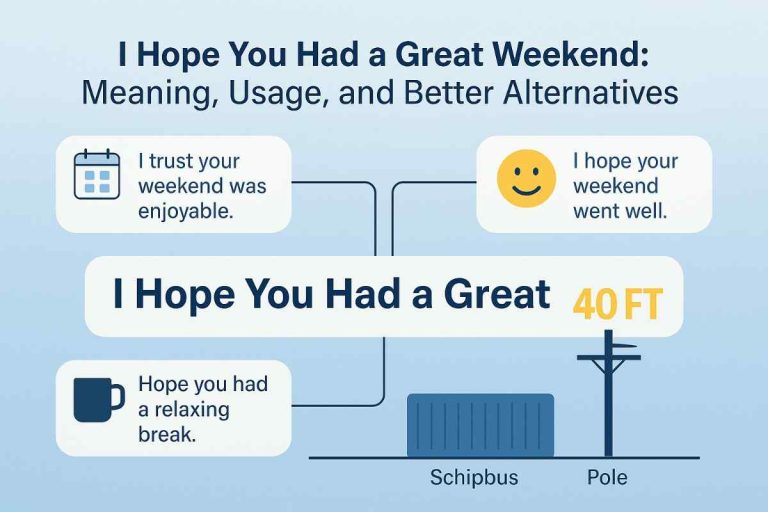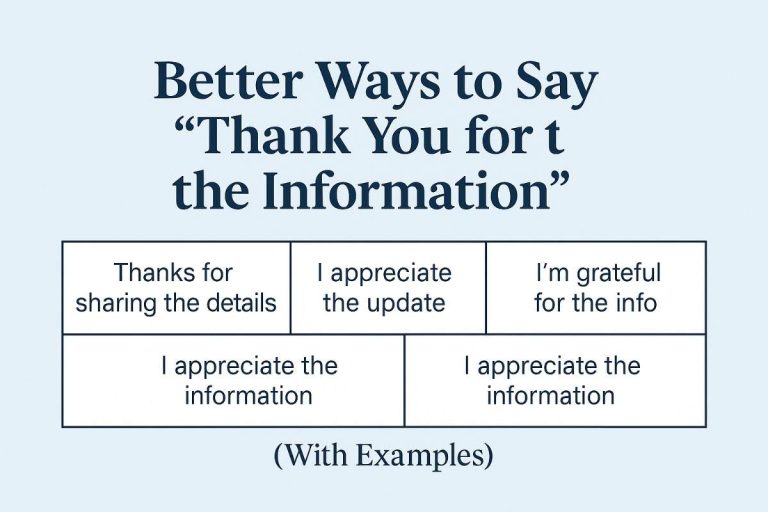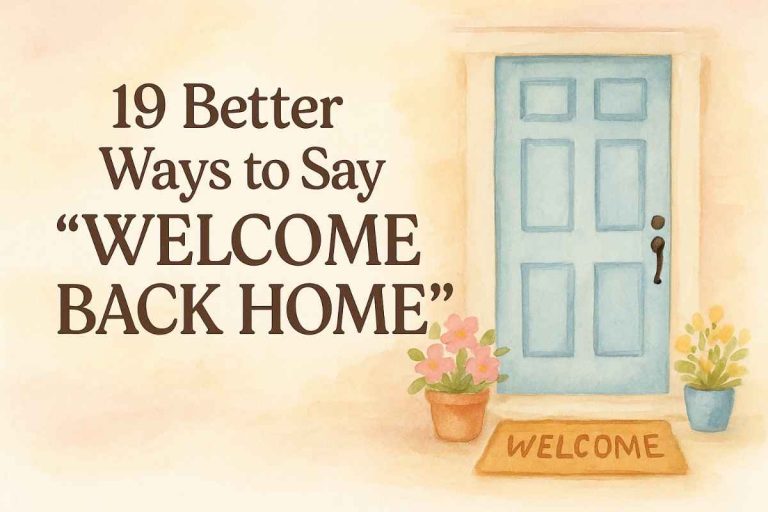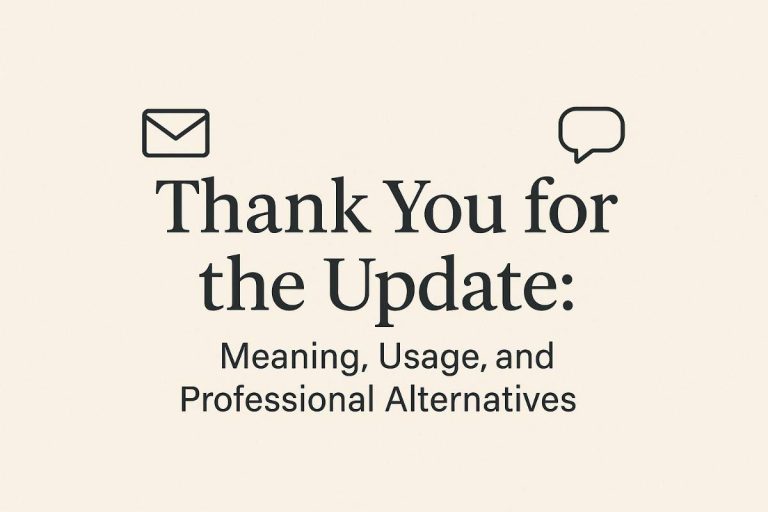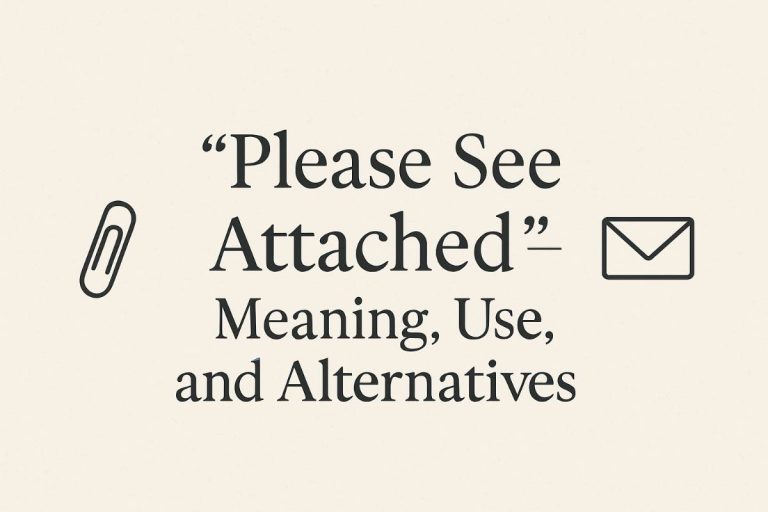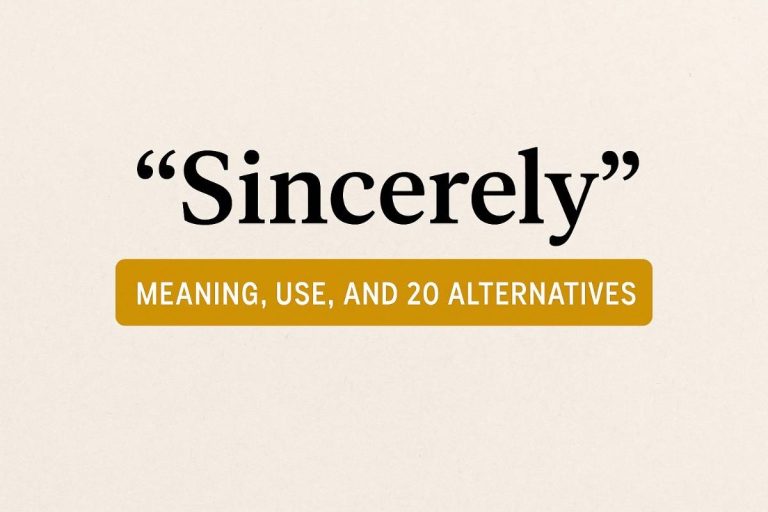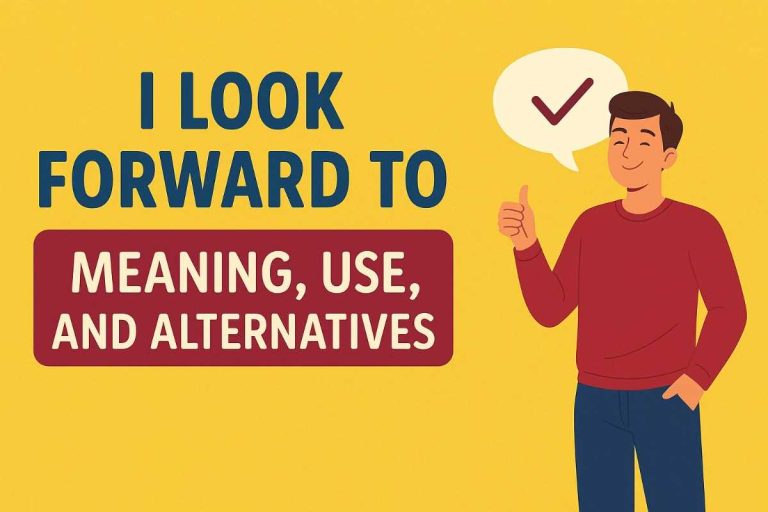I Wish You All the Best Meaning: Usage, Examples & Context
We often say “I wish you all the best” when someone is starting a new job, leaving a role, or going through life changes. It’s simple, kind, and respectful. But after a while, it can sound a bit too common or even impersonal—especially in professional settings. If you’re looking for ways to say something similar…


